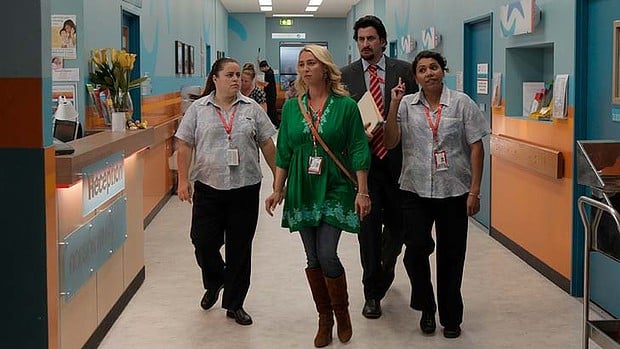
Image via Flickr
Want to leave your GP appointments feeling like your doctor actually listened to you? There are ways to make that happen.
1. Find your right fit…
First things first: are you happy with your current GP? Do you feel like she understands you? And does she give you good advice? If not, you may need to look for a new doctor.
The best way to find a good GP is to ask around; ask your friends and family who they see and why. Once you’ve found someone you feel comfortable with, switch doctors.
While doing so usually involves a bit of paperwork (along the lines of needing to give your old GP clinic permission to send your medical records to your new clinic), it’s worth it if you feel like you’re in better hands.
2. Be honest
Once you’ve found a GP you’re comfortable with (and that may be your current GP), it’s really important to be honest about your health. And when I say honest, I mean try to include all the relevant details about your concerns.
While it may be embarrassing to talk about certain things, the truth is your GP needs to know these details so she can come up with an accurate diagnosis and treatment plan.
Unless your GP thinks you may be at risk of harming either yourself or someone else (in which case she will need to tell the authorities), what you say to your GP stays just between the two of you. It’s extremely important to disclose things like drug use. Your GP isn’t going to report you, and this sort of information is medically important.

